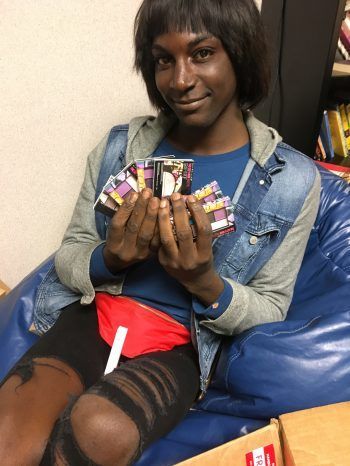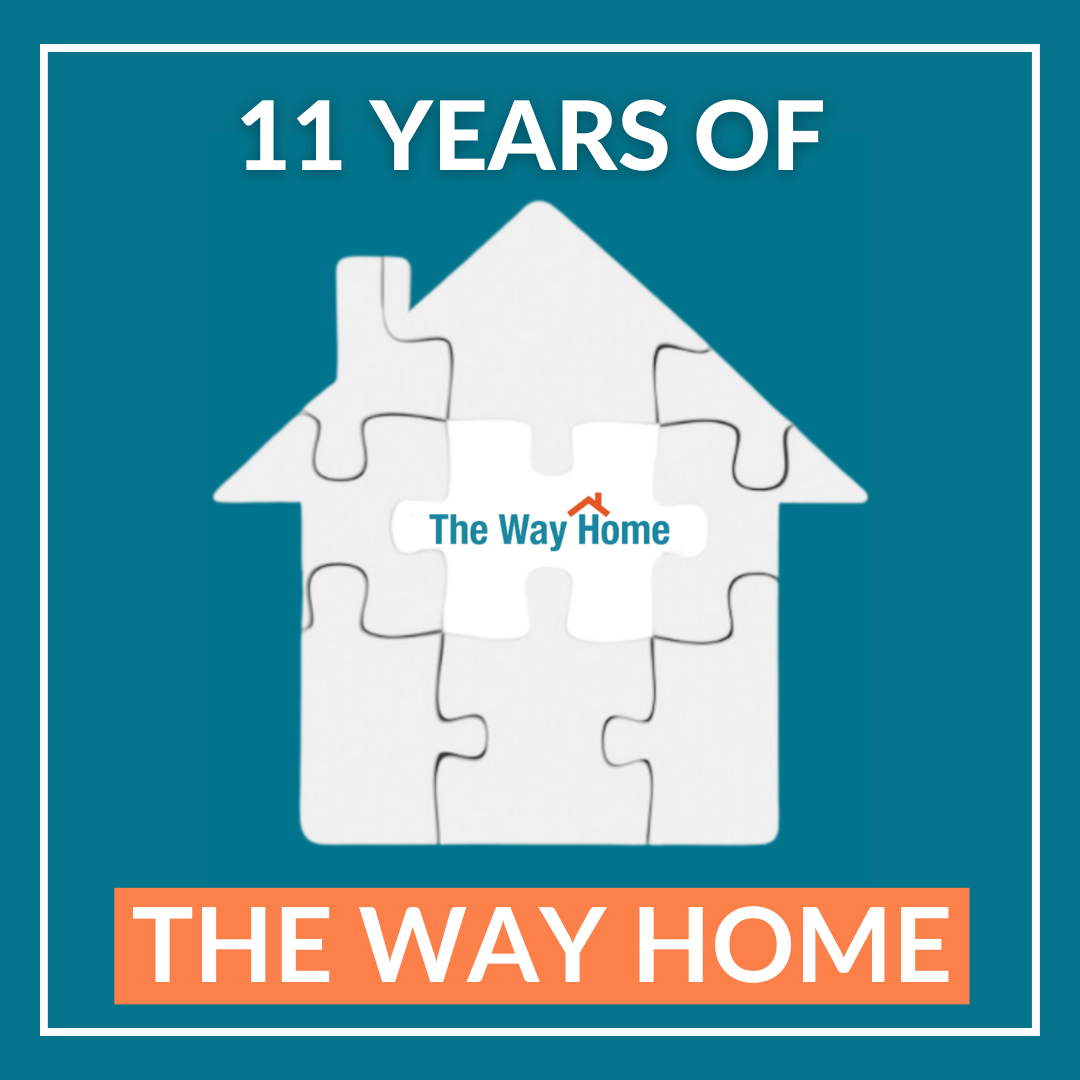“There’s a lot of horrible things happening to gay and trans people right now,” said Jada who, like T, is a transgender woman accessing services at the YARC. “It’s sad to say that I feel like I have had a decent homeless experience because I haven’t been beaten underneath a bridge yet, but other people I know have.”
Jada also said that even though she strongly dislikes Rapid Re-housing, it is the quickest way for her to get off the streets. She has had to go to extreme lengths to pay her bills. “I have to do sex work to pay for my bills and my hormones,” said Jada. “And if I were to choose between my rent and my hormones, I would choose hormones every day.”
“Unfortunately, the experiences they’ve described are very common for transgender or gender diverse young adults experiencing homelessness or housing instability – especially of they are transwomen of color,” said James Gonzalez, Senior Project Manager at the Coalition for the Homeless. “It’s a constant negotiation between survival and identity.”





